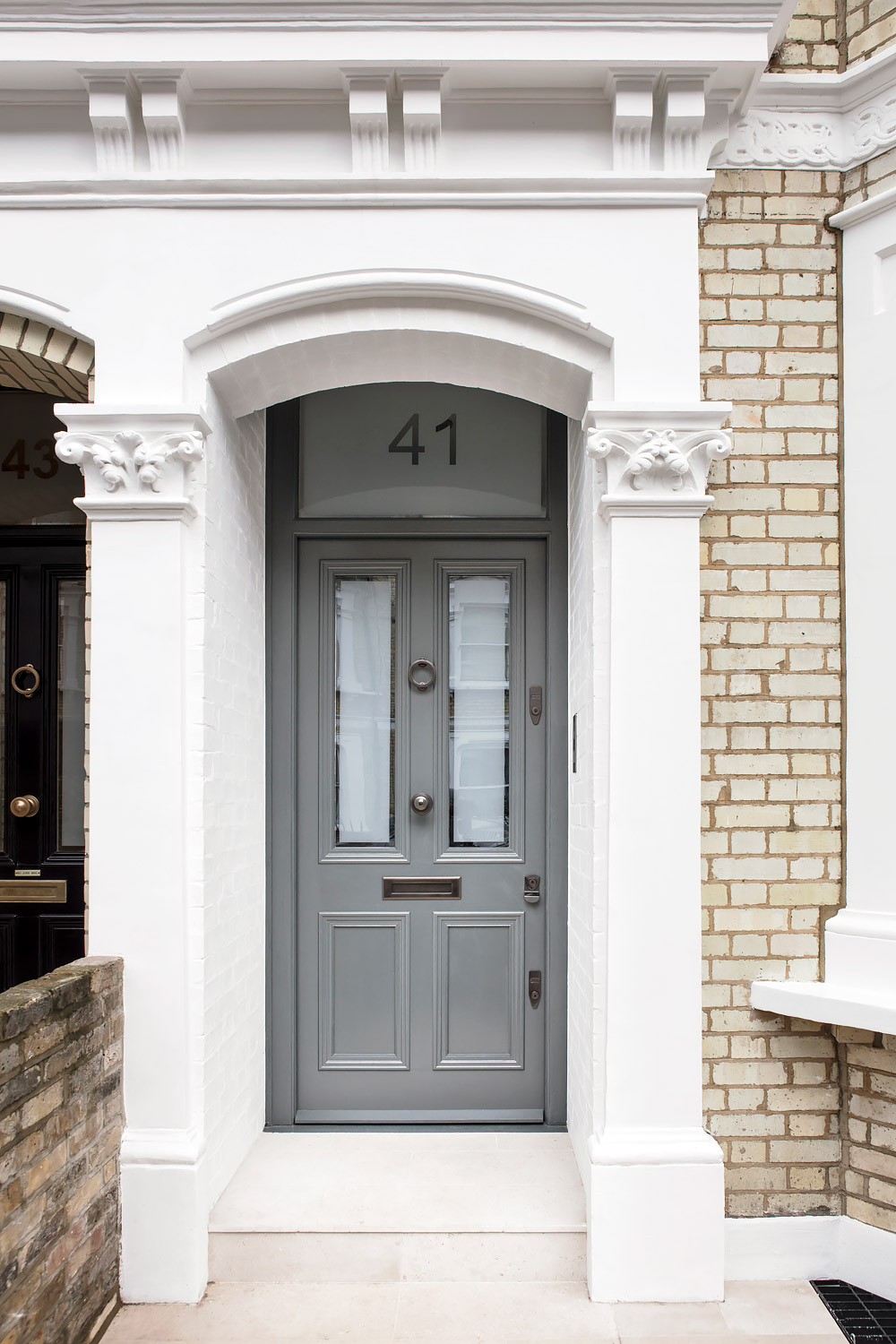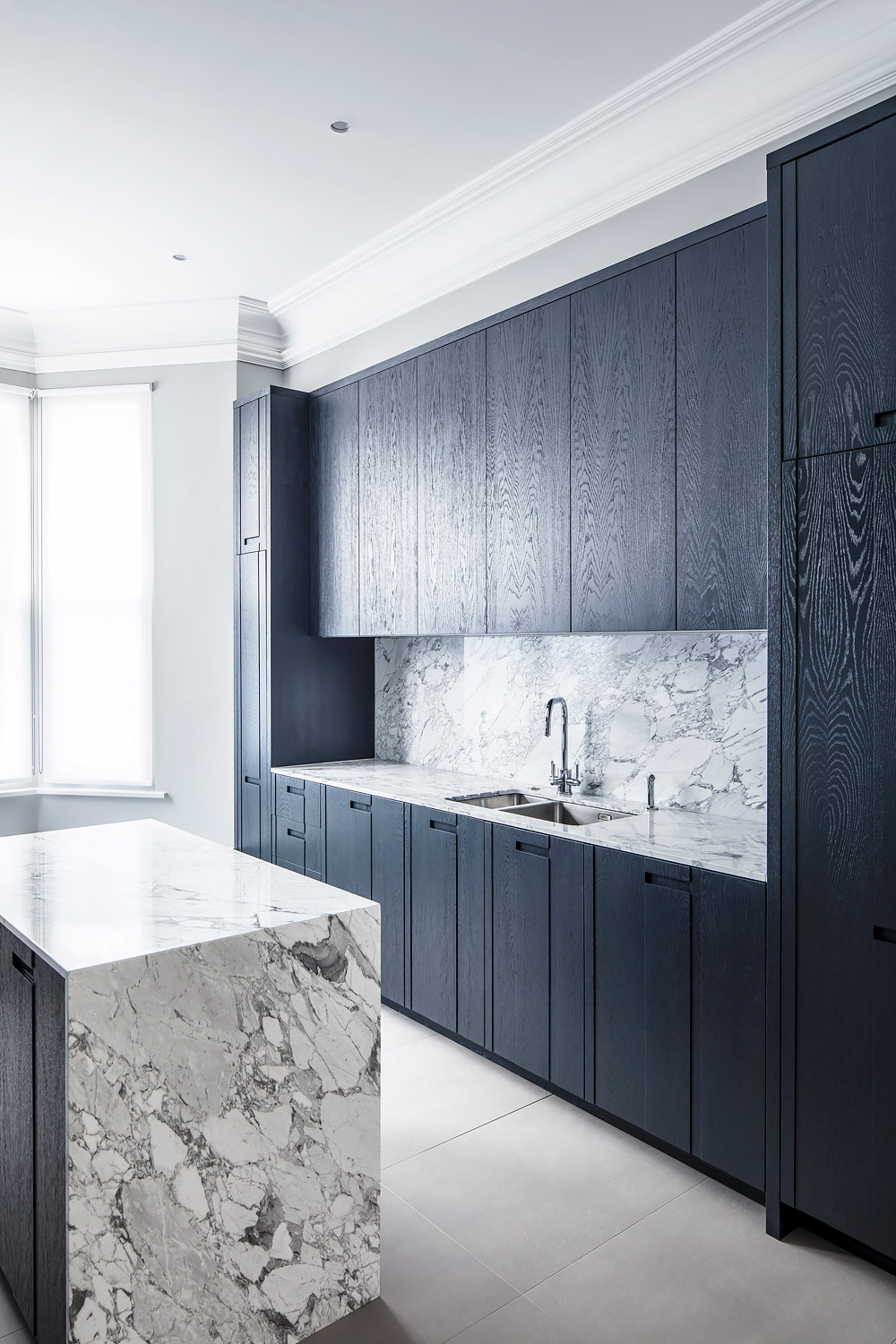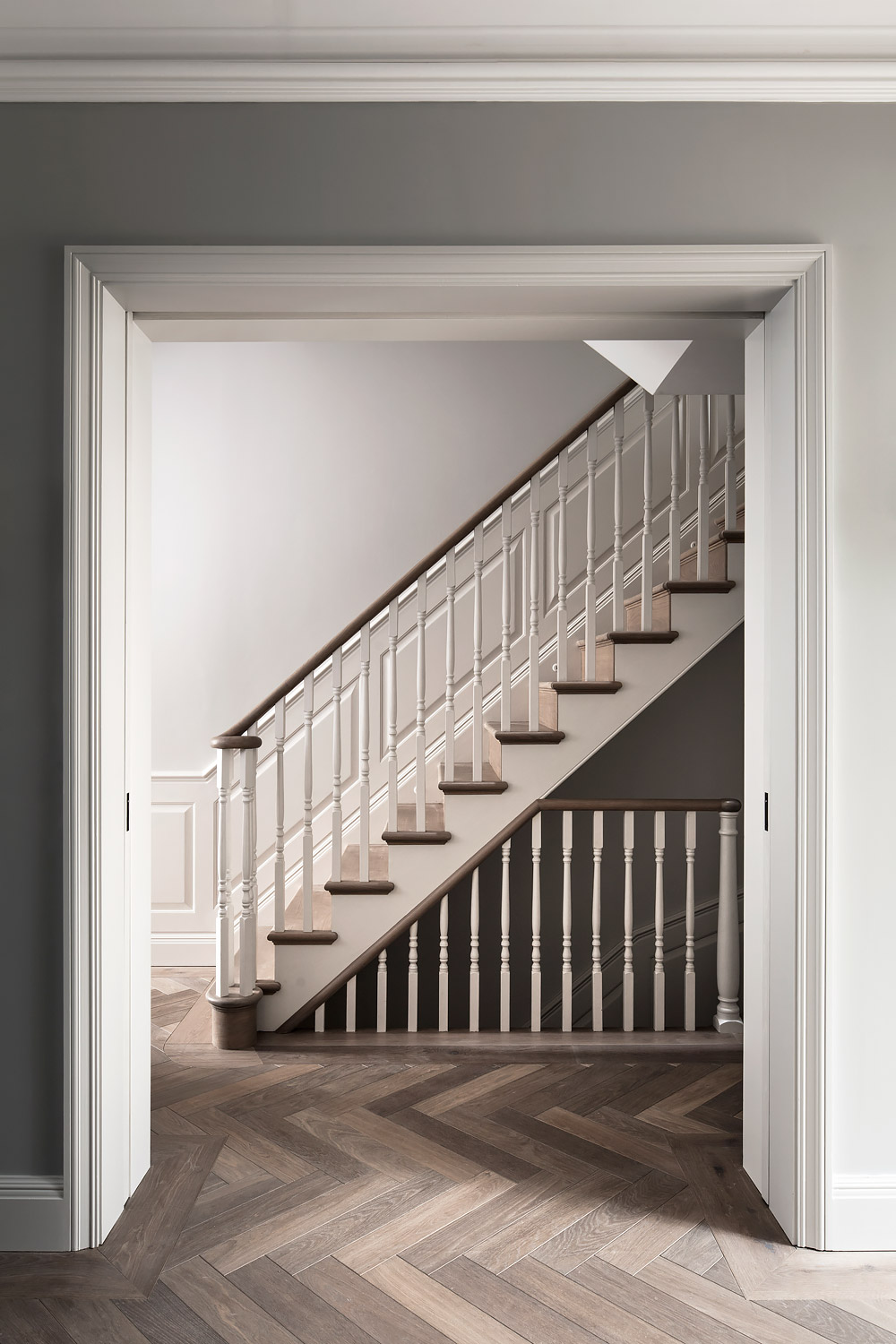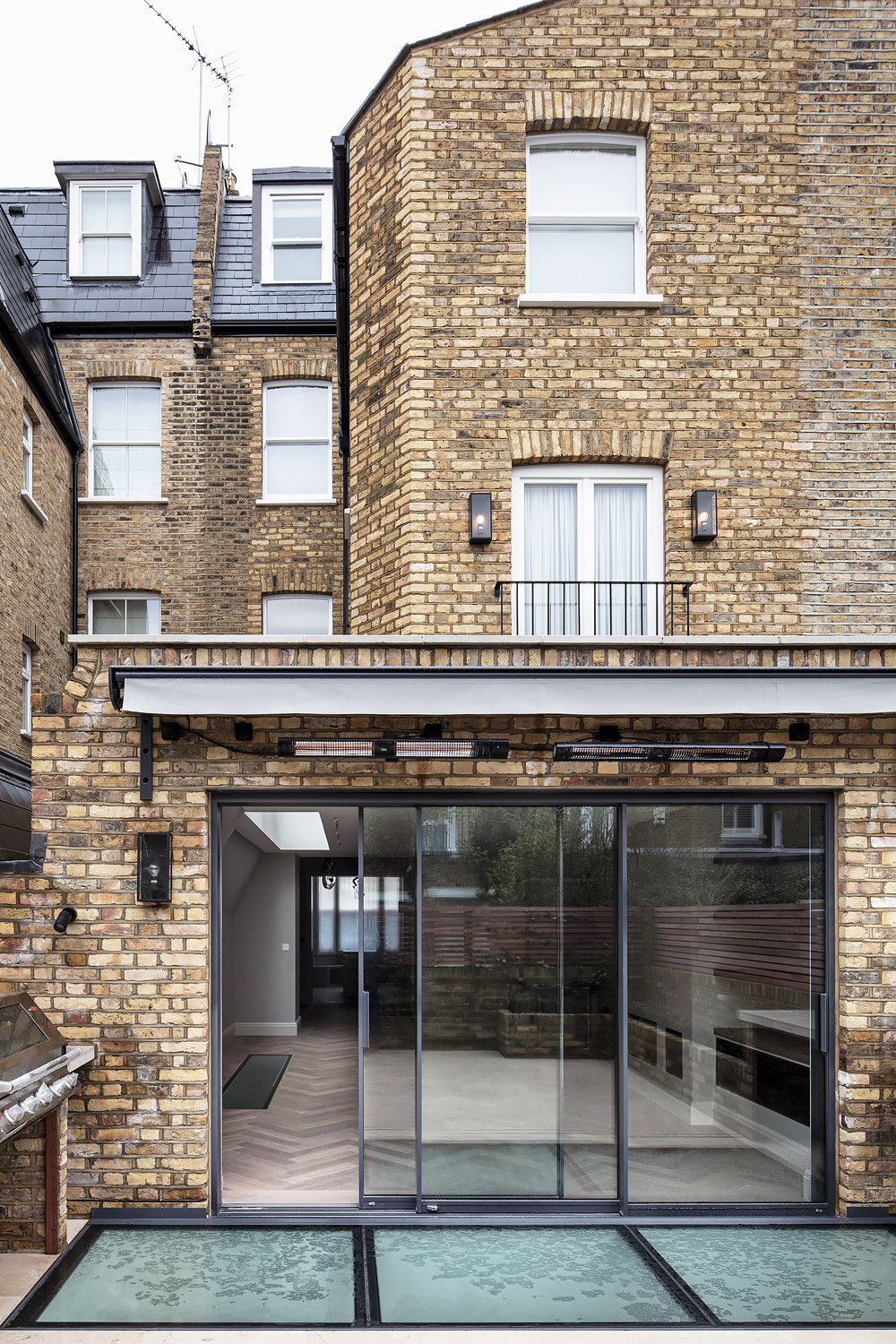Stanley Leask, commercial director at Thames & Newcastle, offers advice to homeowners on how to smoothly restore a period property.
Renovating a period property can be both hugely rewarding and challenging. Combining old with new can be a tricky balancing act for all those involved in your project, requiring specialist skills and knowledge.
Careful planning and preparation are essential, so here are my top tips on the key factors to consider ahead of your renovation.
1. Research permissions and restrictions
The first step is to assess to what extent your period property can be renovated, including any extra planning permissions.
If a property is listed, it will carry special protections. You will need to obtain listed building consent and any alterations should be delivered in adherence with the British Standard BS7913: 2013 – Guide to the Conservation of Historic Buildings.
Homes in conservation areas may require features such as doors and windows to be protected.
To help guide you when planning your renovation, several organisations offer support and free advice. Historic England for example, has published a free guide for owners of listed properties, the principles of which can be applied to any period home. English Heritage also produced its own Conservation principles, policies and guidance back in 2008, which despite its age, remains an authoritative guide.
2. Appoint a specialist project team
As part of the planning process, it is vital to select both an architect and a building contractor with experience of renovating period properties. A good place to start is the Listed Property Owners Club which provides a list of suppliers, including architects and other specialists.
Before appointing a building contractor, research their portfolio of heritage refurbishments and experience. Although every period property renovation is different, look for evidence of a contractor’s expertise across similar projects, the ability to overcome any potential challenges, and specialist knowledge of sourcing and fitting the materials required for your home.
Strong partnership working is another important success factor in renovation projects, so make sure you feel comfortable working with your potential new contractor. They should be able to provide references from previous clients to guide you on their approach to customer service as well as their relationships with architects.
3. Invest extra time to minimise risks
To help manage your budget, allow sufficient time at the project’s outset to carry out investigative work to avoid the risk of unexpected repairs or delays. Assessing the property’s structure for larger and more complex renovations is particularly important, including trial pits to assess the depth of existing foundations.
Heritage building techniques need to be delivered with care, so also factor in extra time for completing repairs using these methods and allow for the associated costs. For example, a traditional ‘lath and plaster’ ceiling could cost ten times the amount of a modern ceiling to replace.
4. Replace like for like
Although not always practically possible, try to repair period features rather than replace them. There is often a lot of timber and joinery such as doors, windows and skirting in a period home that could be repaired rather than removing.
However, if replacement is required, specialist joiners will be able to match the existing profiles of your skirtings, architraves, etc to ensure the new sections exactly match the existing.
5. Seek advice on energy improvements
With environmental sustainability more important than ever before, the latest building regulations put a significant emphasis on improving thermal efficiency in existing buildings. This means that certain elements of a period property renovation may have to comply with these requirements, including when a wall, floor or roof is renovated or replaced, if an extension is added, or a controlled fitting or service is installed such as a boiler or window.
Thermal efficiency rules often conflict with the requirements of the British Standard BS7913: 2013, so homeowners are advised to seek advice at the earliest opportunity from an experienced builder or architect. Their expertise will ensure the most appropriate solution is designed and implemented meeting all the necessary regulations.




